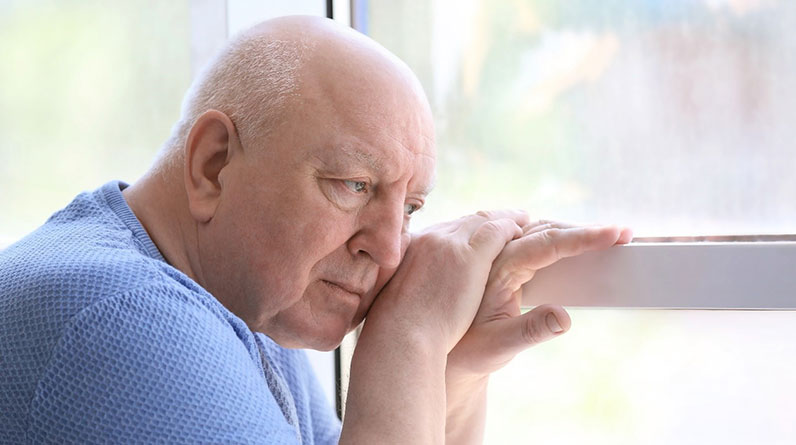
**Affiliate Disclosure**
Please note that some of the links on this site are affiliate links, and at no additional cost to you, we may earn a commission if you decide to make a purchase after clicking through the link. Any commission we make is income for the work put into supplying the information presented on this website.
5 Signs Of Poor Mental Health
Many people think that mental disorders will never affect them, but they are much more common than they realize, as experts report that 350 million suffer from depression worldwide.
A survey conducted by the National Center of Social Research found that one in four adults in the United Kingdom have been affected by some type of mental illness at some point in their lives.
Another 18% of the people surveyed noted that they have poor mental health despite never being diagnosed with a mental illness.
The reason why brain disorders are common nowadays is that people simply don’t pay enough attention to their mental health. Most think that they’ll be able to avoid all types of illnesses simply by exercising and maintaining some type of a diet. Even though this will greatly benefit your health, there are other important considerations in protecting your mental wellness.
In order to prevent or slow down the development of certain mental illnesses, you’ll need to start paying more attention to your feelings, and mental reactions. Know that if a brain disorder goes untreated, it will only get worse over time and could cause some very serious consequences.
Keeping an eye on any signs of symptoms of a mental illness can be extremely helpful when it comes to detecting your problem at an early stage. In case you’re unsure what you should pay attention to, here are 5 common signs of poor mental health.
Chronic Stress And Anxiety
We all get stressed out and anxious from time to time, and that’s completely normal. However, if you start noticing that your high levels of stress and anxiety simply won’t go away, then you should immediately seek help from a mental health specialist or your doctor. Some of the symptoms of chronic anxiety and stress include constant headaches, restlessness, shortness of breath, heart palpitations, insomnia, a racing mind, burnout, and diarrhoea.
Prolonged Sadness Or Unhappiness
Sometimes, life simply knocks you down, and it may take some time for you to get back on your feet and start observing it from a positive standpoint. This can be especially difficult for pessimists. Nevertheless, if you’ve noticed that you’ve been feeling unhappy or sad for an extended time period, you may be dealing with depression. If you rarely find yourself smiling and/or you lack energy and motivation to get through the day, see your doctor to evaluate for depression and other mental illness.
Sleep Problems
Many people who suffer from mental illnesses can’t sleep properly. In order to remain healthy and function properly, you’ll need to get seven to nine hours of sleep every night. If you have difficulty falling asleep, then you might be dealing with anxiety or insomnia. On the other hand, if you’re sleeping too much, then you might be suffering from depression.
Weight And Appetite Changes
Symptoms of depression vary greatly, and you never know how this disorder might affect you. Some start eating an insane amount of food when they’re depressed, while others have to force themselves to eat. Sudden unexplained drops or increases in your weight or significant appetite changes typically mean you should pay a visit to a mental health specialist.
Emotional Outbursts
When dealing with a mental illness, it will become harder for you to control your emotions. Instead, negative emotions such as anger, frustration, and sadness will start controlling you.
Final Thoughts
Treatment is available, and if you are noticing any of the signs, it is very important to get an assessment and help before things get worse. Depression is especially important to address early on, since suicide is a common occurrence among the depressed. While women suffer from depression at higher rates, men are also affected and they are four times more likely to commit suicide.






